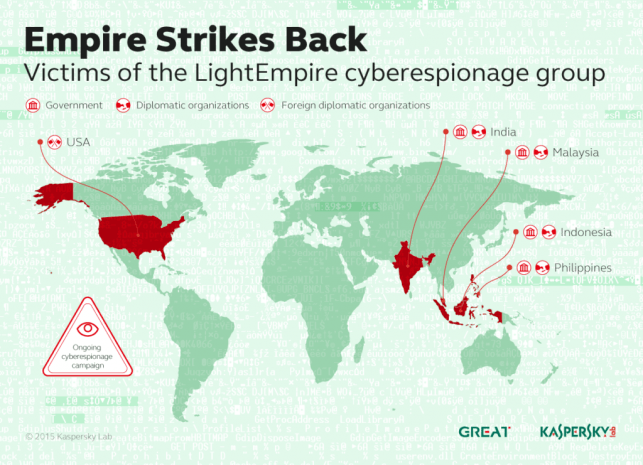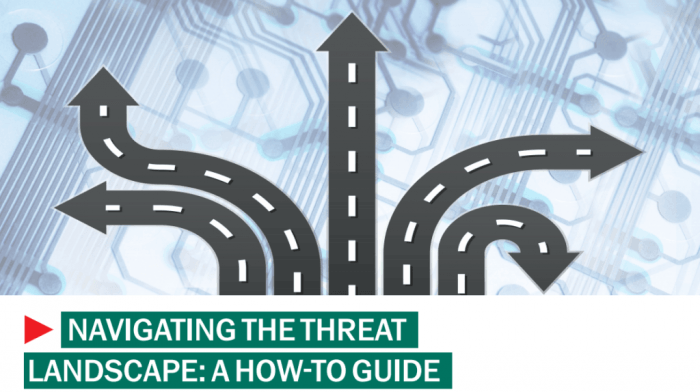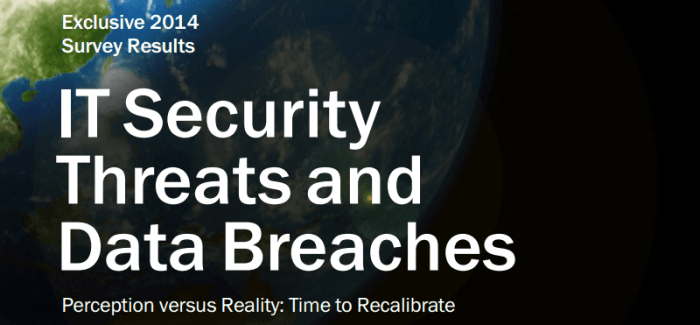
Mac OS X: a security recap
This post isn’t about smearing the good, evolving system that is Apple’s Mac OS X. The goal was to bring perception and reality together: just like the other operating systems, Mac OS X has its fair share of bugs, and while the historically smaller Mac user base has resulted in less cyber criminal targeting, it doesn’t make Mac OS X impervious. Macs’ user base has been growing steadily over the last few years, and criminal interest is following the same pattern.
 mac os x
mac os x
 INTERPOL World
INTERPOL World

 APT
APT

 security
security

 Education
Education
 botnets
botnets



 ddos
ddos



